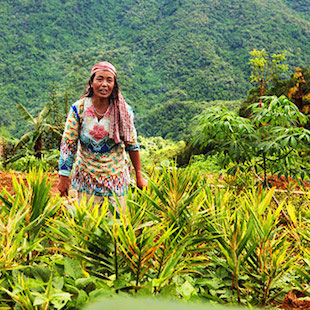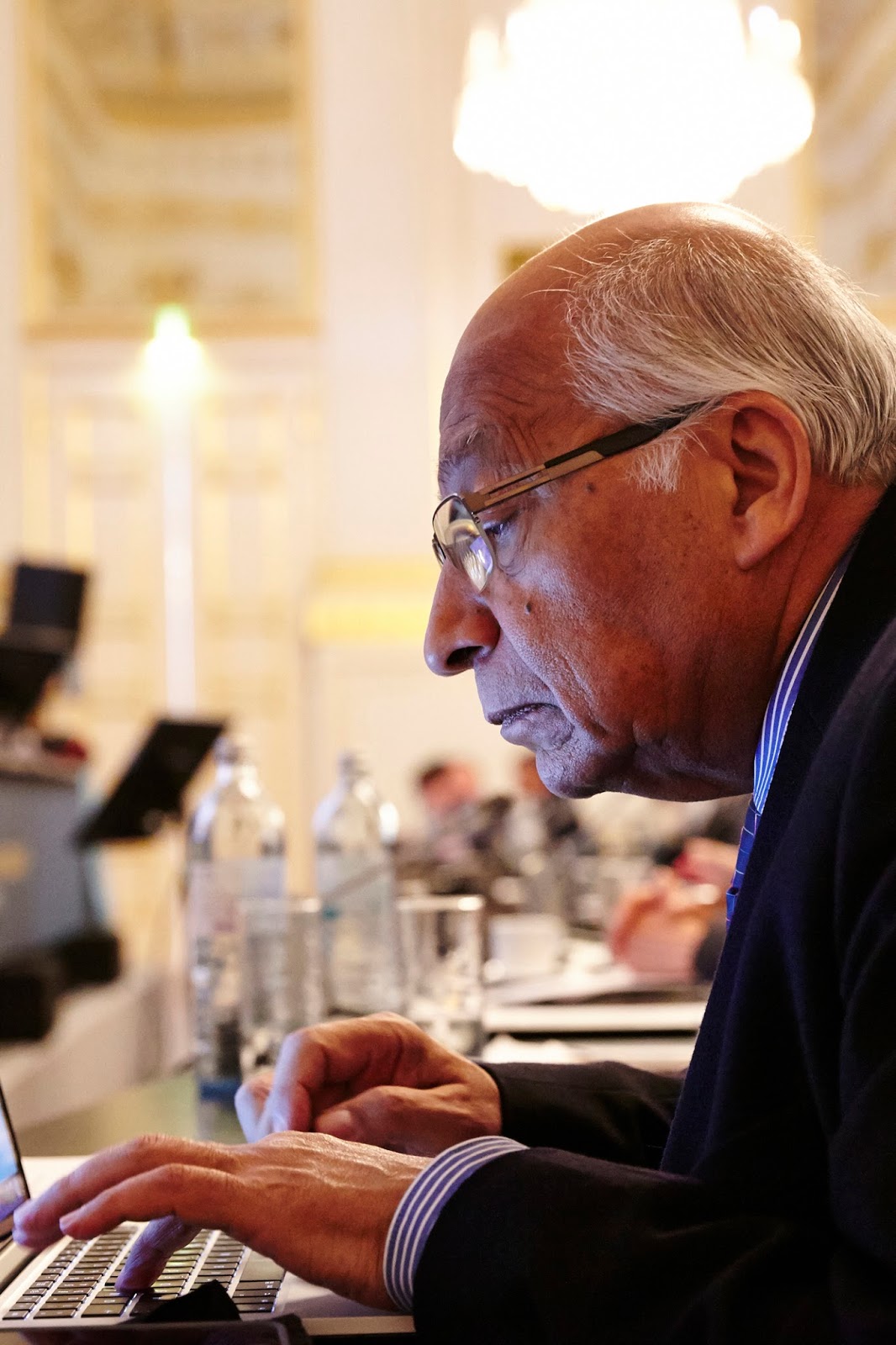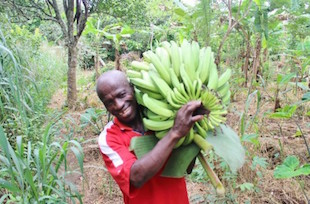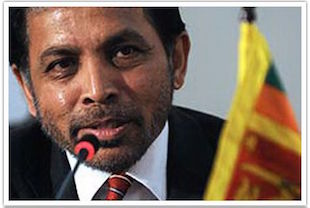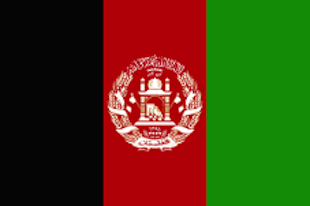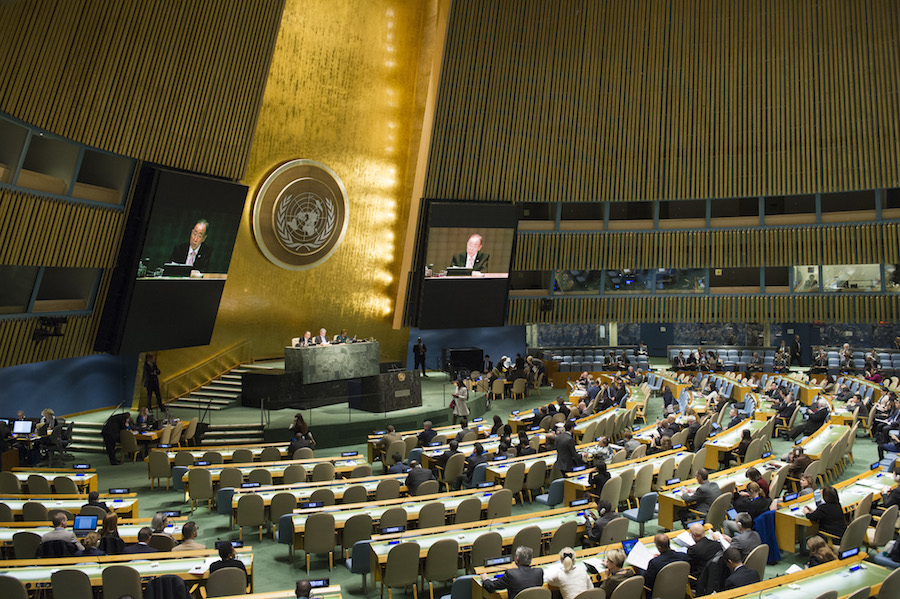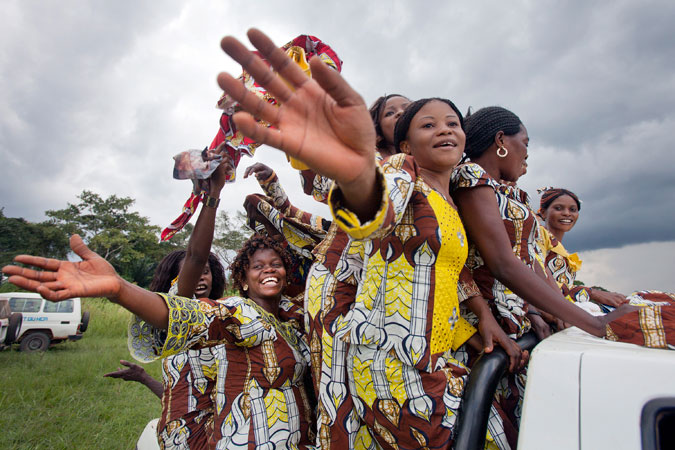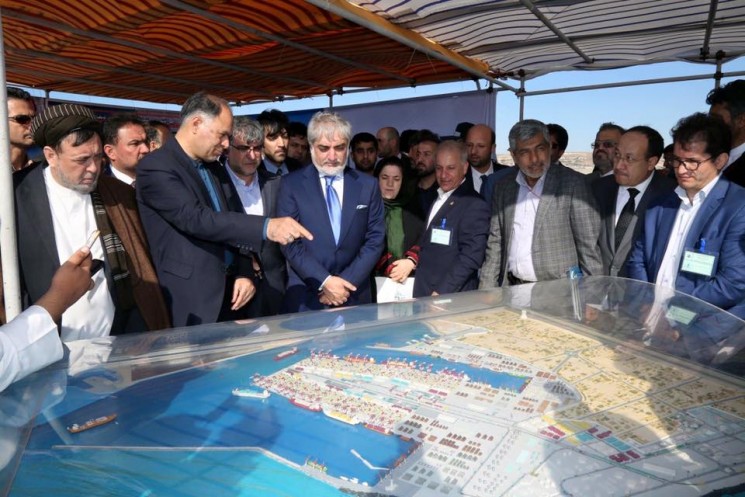By Rita Joshi | IDN-InDepthNews Report
BERLIN | NEW YORK (IDN) – As the UN Development Programme (UNDP) celebrates its 50th anniversary this year, the organisation is aware of the unfinished job, and is committed to “end poverty once and for all” – in Africa and Asia-Pacific where it has been present since the agency was created in 1966.
Reviewing its performance in Africa, UNDP says the continent has undoubtedly made “significant strides socially, politically and economically since the turn of the 21st century”.
Rapid democratic transitions are leading to more responsive and accountable governments. The frequency of armed conflicts seems to be on a downward trend. Steady economic growth and macroeconomic stability have returned. Expanded social policies are improving health and education services, including those targeting women and girls.

